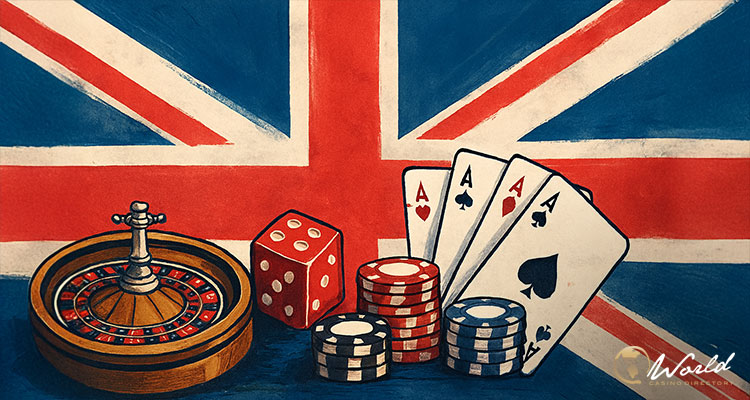The UK betting and gaming industry faces mounting concern as new research warns that proposed gambling tax hikes could severely damage employment, economic growth, and consumer safety. The analysis, conducted by Ernst & Young (EY) for the Betting and Gaming Council (BGC), predicts the impact of several tax reform proposals supported by the Social Market Foundation (SMF) and the Institute for Public Policy Research (IPPR).
EY Analysis Predicts Economic Fallout
EY’s findings reveal that the suggested tax increases would threaten more than 40,000 jobs and divert up to £8.4 billion in wagers to unregulated gambling markets. The consultancy’s projections show a £3.1 billion reduction in the UK’s gross value added (GVA) from the betting and gaming sector if the IPPR plan were implemented.
Currently, the industry contributes £6.8 billion to the national economy, pays around £4 billion in tax, and supports over 109,000 jobs, including technology and operations roles across major cities such as Manchester, Leeds, and Nottingham. However, new tax measures — with rates potentially doubling in some areas — could unravel much of that success, according to the BGC’s findings.
Grainne Hurst, Chief Executive of the BGC, stated: “It is now clear these further tax rises are a direct threat to British jobs and economic growth. The figures speak for themselves – tens of thousands of jobs lost, billions diverted to the black market, and a possible £3 billion hit to the economy.”
The IPPR’s proposal, supported by former UK Prime Minister Gordon Brown, suggests raising the Remote Gaming Duty from 21% to 50% and the General Betting Duty from 15% to 25%. Machine Gaming Duty would also rise from 20% to 50%. Meanwhile, the SMF’s version calls for a Remote Gaming Duty of 50%, a General Betting Duty of 25%, and a reduction to 5% for horse racing wagers, while keeping the machine duty rate at 20%.
EY’s research estimates that the SMF plan could result in over 30,000 job losses, £8.1 billion in wagers shifting to the black market, and a £2.5 billion decline in the sector’s economic contribution. The IPPR’s version, even more severe in its effects, would eliminate approximately 40,000 positions and generate only a fraction of the £3.2 billion in revenue it predicts. EY’s modelling suggests the actual short-term gain may reach just over £1 billion — falling to under £500 million once reduced corporate tax, lost National Insurance contributions, and venue closures are factored in.
Hurst warned that “tax raids like those proposed would mean fewer betting shops, casinos and bingo halls, fewer jobs, and a huge boost to the growing, unsafe gambling black market, while not raising anywhere near the tax claimed.”
Industry Reactions and Broader Implications
The BGC argues in its official release (pdf) that the tax proposals also disregard the government’s2023 Gambling Act Review White Paper, which already projects around £1 billion in lost sector revenue due to regulatory reforms. The think tanks’ forecasts further assume a 31% growth rate by 2025, whereas EY expects a modest 4% between 2023 and 2026.
Operators including Betfred, Entain, and Rank Group have voiced serious concern. Betfred has cautioned that new levies could force the closure of up to 1,300 betting shops, putting around 7,000 retail jobs at risk. Entain CEO Stella David has echoed this sentiment, saying increased taxation could further expand the illegal gambling market. Flutter Entertainment has similarly announced the closure of dozens of Paddy Power retail locations, citing rising operational costs.
The EY study concludes that none of the proposed tax rises would achieve the revenue gains projected by the SMF or IPPR. Instead, they risk dismantling one of the UK’s few globally competitive, well-regulated industries — while fuelling the growth of unsafe, untaxed alternatives.
As Hurst summarized, “Balanced regulations and a stable tax regime guarantee a growing regulated sector. But these proposals would achieve the absolute opposite of that and undermine the very consumer protections that keep people safe by pushing customers towards the unregulated black market, where there are no safeguards, no tax receipts, no jobs, and no support for the sports we all love.”


